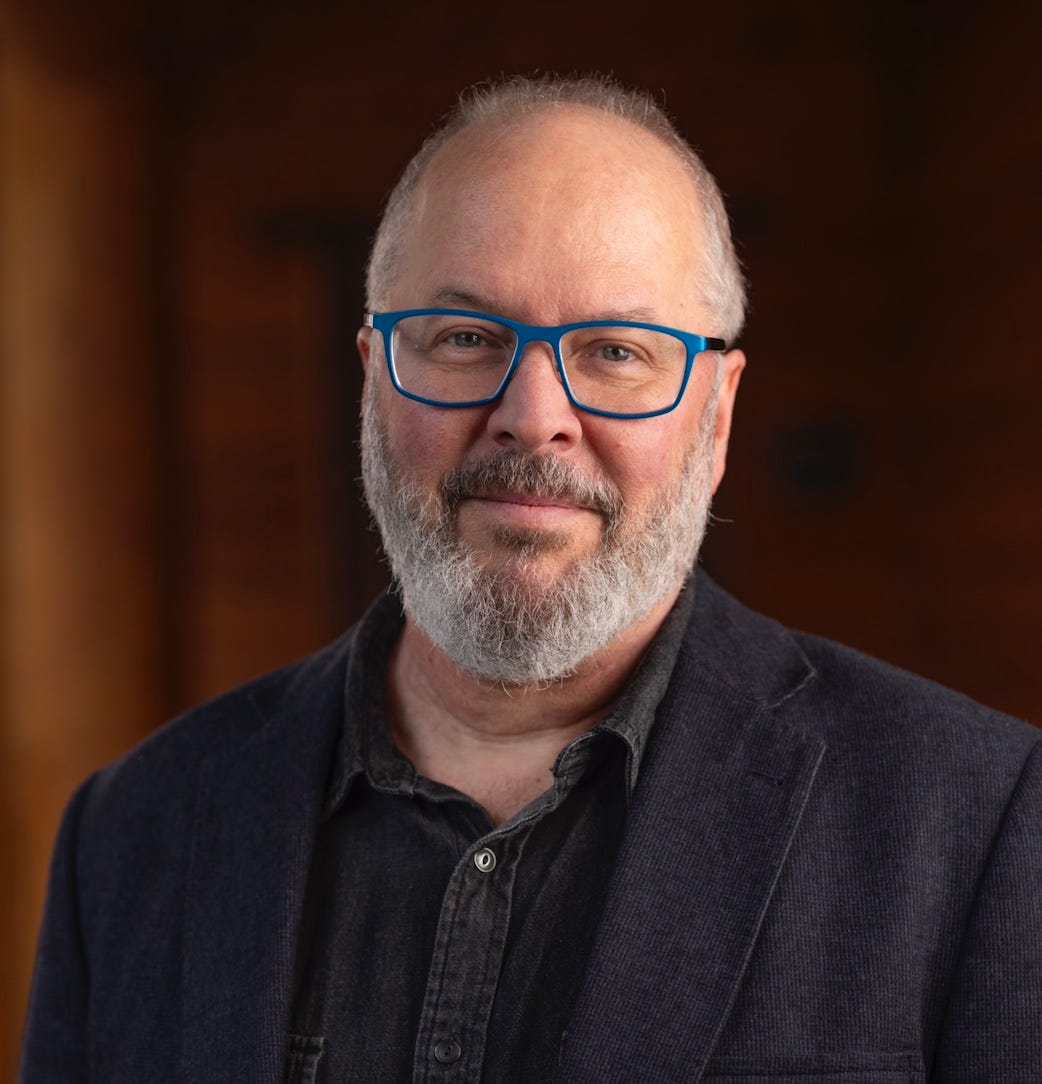This bonus newsletter is a monthly feature for paid subscribers, the tenth in the series. These extras showcase edited interviews with someone whose work intersects in some way with this newsletter’s focus—place, history, writing. I hope you enjoy this one and those to come.
Introduction
For a couple years in the mid-2000s, Michael Paul Nelson and I overlapped at the University of Idaho. Michael was an environmental philosopher who helped deepen the interdisciplinary work on campus, including in programs I was part of. He was then—and is now—a model of the collaborative scholar. Today, he is a professor of environmental ethics and philosophy at Oregon State University in its Forest Ecosystems and Society program. Michael is a widely published scholar and editor of important work in a variety of venues, including those read well beyond the academy.
Adam Sowards
Who are you and how do you describe your work?
Michael Paul Nelson
My name is Michael Paul Nelson, and I'm a philosopher by training. But I am an intensely interdisciplinary scholar. I collaborate with ecologists. I collaborate with social scientists. Lately, I've been collaborating with artists and designers.
One of the things that happened to me over the course of my career is I describe myself as becoming increasingly undisciplined. I have few disciplinary loyalties, so I'm very opportunistic with the projects that I engage in.
Adam
Why did you become a philosopher and particularly one committed to the environment?
Michael
When I went to college, I was a biology major, because when you're in high school, you only get exposed to a few disciplines. You don't know what anything is, and you don't even know necessarily how your mind works within a larger disciplinary setting.
Like all college students, I had to take some general degree requirements. One of them was a philosophy class with a great instructor. I realized that that's kind of just the way my brain worked, that I thought about things in a certain way, thinking about concepts and underlying ideas and seeing how important they were. I quickly changed to studying philosophy.
I was interested in Western philosophy. Then I became interested in Eastern philosophy. Then when I went to graduate school just for a basic philosophy degree, I discovered applied ethics and animal welfare ethics and the idea that you could talk about the nonhuman world as morally relevant in some way. I was intrigued by that.
I started to see that as something that was at the base of environmental problems—that we had the problems that we had because of the way we thought about ourselves and the world around us. I went from animal welfare ethics or applied ethics to environmental ethics very quickly. It was a kind of natural progression for me just because of how I thought about things.
I didn't have a lot of environmental exposure as a kid. I grew up in a small city and played outside. But my parents weren't backpackers or anything like that. It was more of an intellectual arrival for me than it was the experiences I had in my life.
Keep reading with a 7-day free trial
Subscribe to Taking Bearings to keep reading this post and get 7 days of free access to the full post archives.




